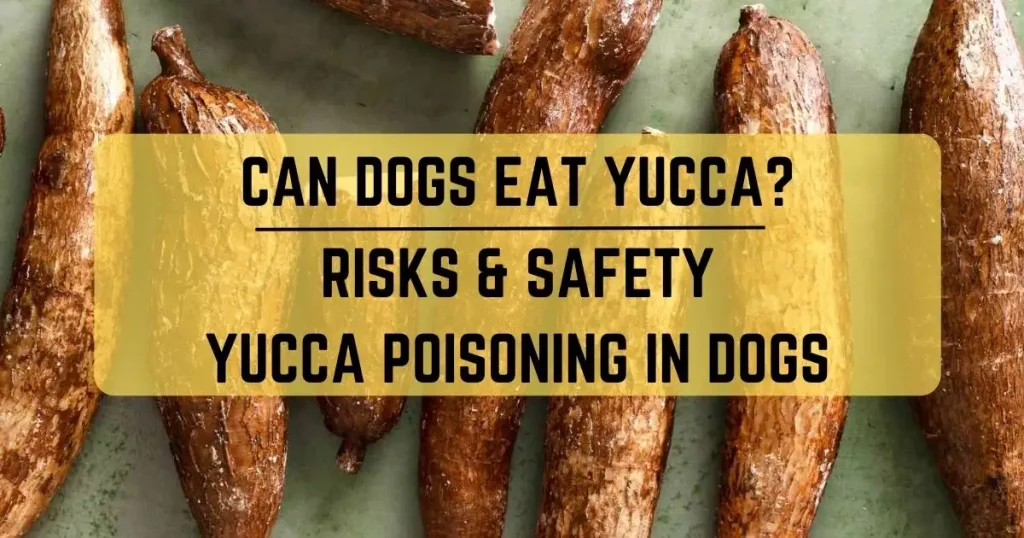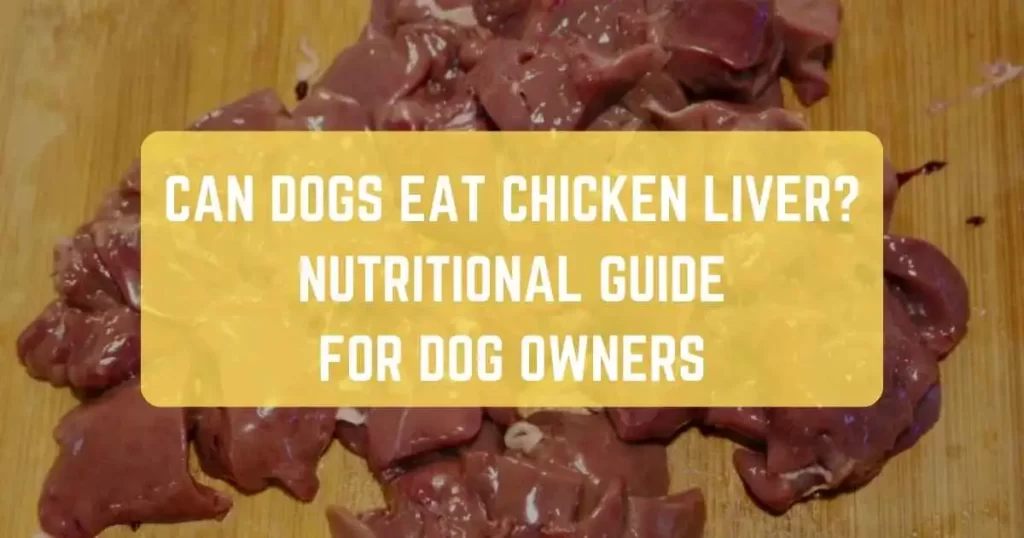
Dogs have long been cherished as our loyal companions, sharing our lives and meals. But as dog owners, we must be aware that not all human foods are safe for our furry friends.
Yucca, a sturdy desert plant known for its distinctive appearance and potential health benefits, is one such food that requires caution when considering it for your canine companion. The question that arises is, can dogs eat yucca?
The answer is a bit complex, as yucca’s role in a dog’s diet is multifaceted, ranging from its potential for arthritis relief to the risks of its poisoning.
Can Dogs Eat Yucca?
No, dogs should not eat yucca. Yucca contains saponins, which are naturally occurring chemicals that can be toxic to dogs if consumed in large amounts. Symptoms of yucca poisoning in dogs may include vomiting, diarrhea, and even depression. Therefore, it’s best to keep your dog away from yucca.
Yucca Poisoning in Dogs: Unveiling the Dangers
Symptoms of yucca poisoning in dogs can include:
- Vomiting
- Diarrhea
- Unusual behavior
- Lethargy
- Weakness
- Abdominal pain
- Loss of appetite
- Excessive drooling
- Tremors
- Seizures
- Elevated heart rate
- Difficulty breathing
- Collapse
- Digestive Problems
If you suspect yucca poisoning, urgent vet attention is necessary to assess the severity of symptoms and provide appropriate treatment.
Diagnosing and Treating Yucca Poisoning in Dogs
If you suspect that your dog has ingested yucca, swift action is crucial. The symptoms of yucca poisoning can manifest rapidly, and if left untreated, they could pose a threat to your dog’s health. Upon noticing symptoms like vomiting, diarrhea, or any unusual behavior, it’s imperative to consult a vet immediately. A veterinarian will conduct a thorough examination, which might include blood tests, a complete blood count, and a urinalysis to assess the extent of the poisoning and its effects on your dog’s organs.
Yucca’s Role in Canine Health: Arthritis Relief and Beyond
Beyond the perils of yucca poisoning, it’s important to understand that other aspects of this plant can potentially be beneficial for dogs when used in controlled and safe ways. It has been explored for its potential to provide relief from joint pain and arthritis, common issues that affect aging dogs.
Some dogs experience discomfort due to inflammation in their joints, leading many pet owners to seek natural remedies to alleviate their companions’ suffering. Yucca, with its potential anti-inflammatory properties, has been considered in this light.
From Poisonous to Palatable: Understanding Yucca’s Varied Facets
While raw yucca is toxic to dogs, there are ways to harness the potential benefits of this plant without endangering your furry friend’s health. Its supplements are available in the market, formulated with appropriate doses that could offer certain advantages. These supplements might undergo processes that remove or neutralize the harmful steroidal saponins, rendering them safe for consumption by dogs.
However, it’s crucial to remember that even yucca supplements should only be given under the guidance of a veterinarian.
Conclusion
In the realm of canine health, yucca occupies a complex and intriguing space. From its potential anti-inflammatory properties that could provide relief to dogs with arthritis, to the dangers of yucca poisoning that arise from its toxic components, there’s a delicate balance to strike.
As dog owners, it’s our responsibility to educate ourselves about what our dogs can and cannot eat and to always prioritize their well-being. Consulting a veterinarian is an absolute must if you’re considering adding yucca or any new element to your dog’s diet.
Remember, while its potential benefits are enticing, the health and safety of your four-legged companion should always come first.
Frequently Asked Questions
Is yucca harmful to dogs?
Yes, yucca is harmful to dogs. The plant contains saponins, which can cause vomiting, diarrhea, and other symptoms if ingested by dogs. It’s best to keep pets away from this plant to prevent accidental ingestion.
What happens if my dog eats yucca?
If your dog eats yucca, it may experience symptoms such as drooling, vomiting, weakness, and potentially seizures due to the presence of saponins. Seek immediate veterinary care if your dog has consumed yucca.
Can dogs chew on yucca?
No, dogs should not chew on yucca. The plant’s saponins are harmful if ingested and can cause severe gastrointestinal distress and other health issues in dogs.
Can dogs eat yucca flour?
No definitive answer is available about dogs eating yucca flour as it depends on the processing of the flour. However, considering the potential for toxicity in the raw plant, it’s advisable to avoid feeding it to dogs until more research is done.
Can dogs eat yucca roots?
No, dogs should not eat yucca roots. They contain high levels of saponins that can cause gastrointestinal upset and other health problems in dogs if ingested.
Can dogs have fried yucca?
No, dogs should not have fried yucca as it still contains saponins even after cooking which may lead to health issues including vomiting and diarrhea among others.
Can dogs have cooked yucca?
No dogs should not eat cooked yucca because cooking does not completely eliminate toxic saponins from the plant material, it’s better to avoid giving cooked yucca to your dog.









